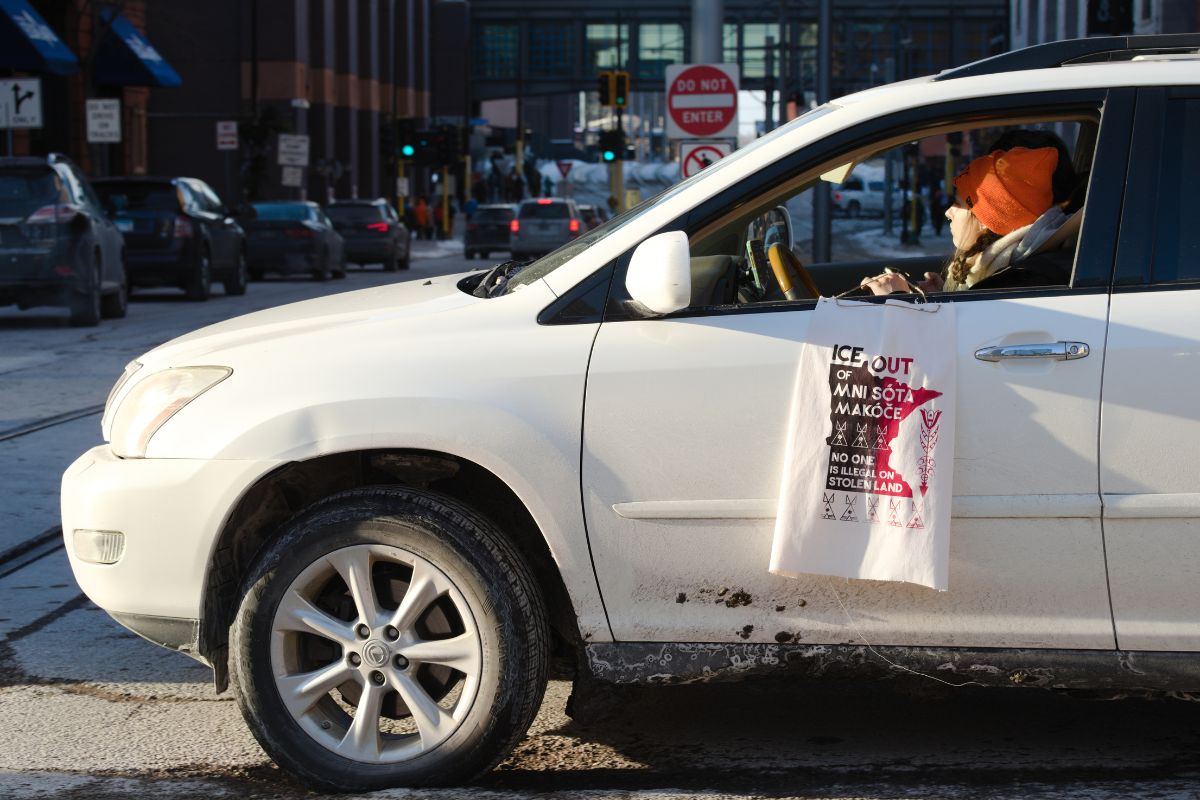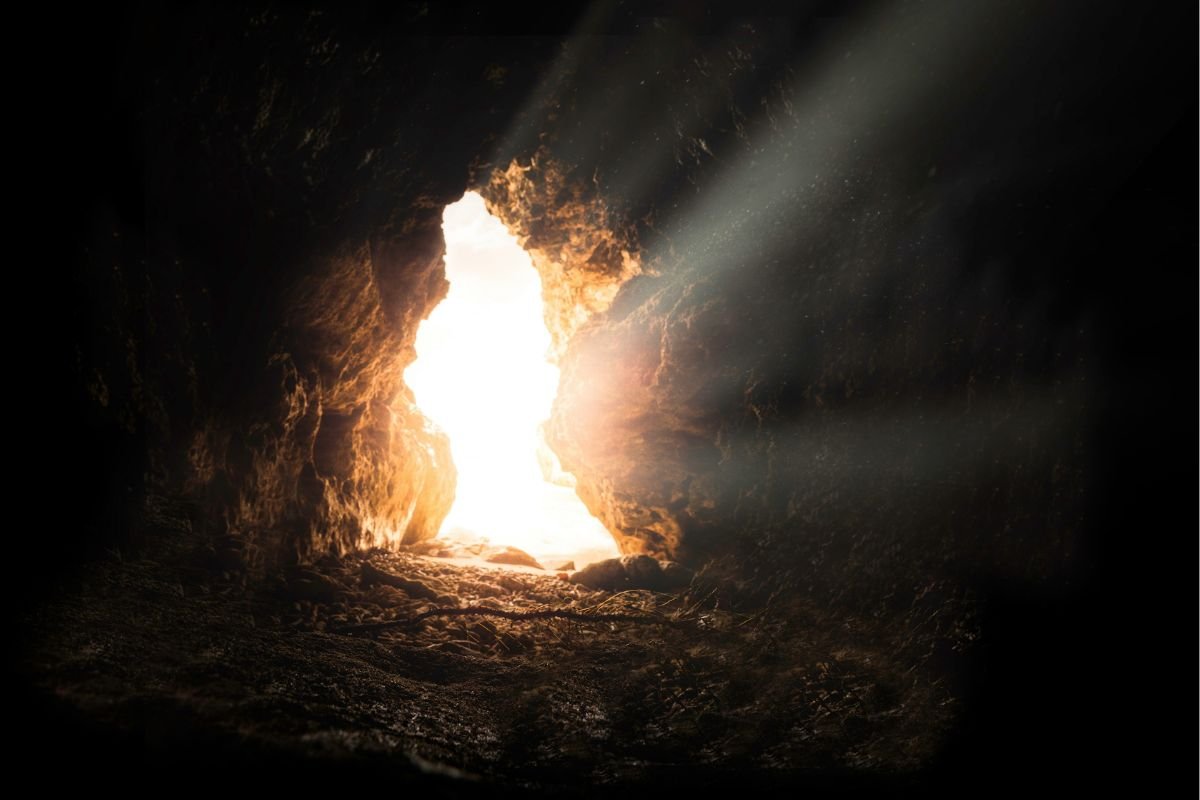
Many of us rejoice and are inspired by the movement for democracy in Puerto Rico. The island, considered the oldest colony in the world, became a symbol of true democracy—that is, a government for the people—last week when it made a collective decision to overthrow its chief executive, Governor Ricardo Rosselló, disparagingly known as “Ricky.”
There’s much that can be said about this historical movement, which is significant far beyond the island to the US mainland. If social media can be said to be a pulse of the people, events in Puerto Rico are a cause for reflection in the States.
None other than Ava DuVernay tweeted:
Saluting you, Puerto Rico. You are brave. Braver than the rest of us. You took to the streets en masse for as long as it took. You made your voices heard and gave legs to your outrage. You won. You inspire. https://t.co/tmT4T7gARI
— Ava DuVernay (@ava) July 25, 2019
Common Dreams’ Julia Conley writes, “While many progressives were dismayed to learn on Thursday that Democratic leaders remain reticent to call for impeachment proceedings against President Donald Trump, some looked with admiration at the hundreds of thousands of Puerto Ricans who successfully forced their governor from office with days of non-violent protests.”
Puerto Rico’s Centro de Periodismo Investigativo, the nonprofit news outlet that broke the story that led to the resignation of the governor, writes, in translation, “The marches were increasing in intensity and participation, as well as in ingenuity…Some protests were called by women, artists and motorcyclists, and others by horsemen, yogis, or unions. Youth was the protagonist of the conference.”
University of Puerto Rico professor Pedro Reina-Perez writes in the Atlantic, “Some credit defiant Millennials and digital mobilization for the relentless civic uprising. Regardless, something important has changed. As a handwritten sign held by a young woman protestor in Old San Juan declared: NEVER AGAIN WILL YOU AVAIL YOURSELVES OF OUR SILENCE.”
In “Voice Under Domination,” an upcoming article in NPQ, I outline James C. Scott’s theory of how the politically powerless shift power relations by breaking through the public transcript, the normative narrative, and that, once they do—once the subordinate refuses to comply—they are changed by the experience of authenticity.
“Scott stresses, ‘The most important thing to understand about this moment is the enormous impact it typically has on the person (or persons) who makes the declaration and, often, on the audience witnessing it.’ The successful public articulation of a challenge, counter narrative, or speaking truth to power is so powerful that it changes the actor(s).”
(Italics mine.)
Yarimar Bonilla, a professor of Puerto Rican studies at Hunter College and CUNY Graduate Center, co-editor of the forthcoming anthology Aftershocks of Disaster: Puerto Rico Before and After the Storm, has been in Puerto Rico doing research after the hurricane and interviewed protestors. She echoes the observation that this is a youth-led movement. She tells the New Yorker’s Isaac Chotiner,
It is important to note that this is a movement led very much by young people, and for them [Rosselló] represents the kind of voting processes that their parents engaged in…A lot of the young people that I am talking to say they are not going to vote the way their parents or grandparents did. They also want to get rid of the political class in general, and the political-party system.
[…]
I think the young people here are saying, “Let’s set aside the question of sovereignty, and let’s focus on the schools; let’s focus on health; let’s focus on a plan for Puerto Rico.” And I don’t think it’s because they don’t want sovereignty. It’s because they don’t see the US being willing to change the relationship that they have here. And so they want to tackle what’s going on right now and here.
In a way, the two are inseparable. By pressing for a government that provides not only basic services, but self-determination, the people of Puerto Rico will need to create a new social order. As Caroline Levine writes in Forms: Whole, Rhythm, Hierarchy, Network, “[Foucault] came to argue that when revolutions imagined newly just distributions, they were also envisioning new social orders, sets of standards to govern relations among bodies, ideas, and resources.”
Seeming to pick up on Levine’s thread, Chotiner asks Bonilla if she’s concerned about any “unsavory forms” developing from this movement. She responds that she isn’t because “it’s very much been a movement against gender violence. It’s important to say that the group Colectiva Feminista en Construcción was protesting in front of the governor’s mansion long before the chats came out.”
Sign up for our free newsletters
Subscribe to NPQ's newsletters to have our top stories delivered directly to your inbox.
By signing up, you agree to our privacy policy and terms of use, and to receive messages from NPQ and our partners.
She continues, “The governor was so inclusive about everyone he insulted, even the overweight, that I don’t feel the fear that this will turn into a racist movement or anything like that, because, if anything, it’s totally combined the movement for inclusivity, for LGBTQ rights. Our anti-institution movement is also a movement against discrimination…It’s very different.”
As we look on excitedly, at this moment of human potential, we know it is just the beginning. The expected successor, Wanda Vazquez, is caught up in her own scandal dubbed “WandaLeaks” on social media and is already under investigation for corruption. Protestors are back on the streets after Rosselló’s announcement that he will step down with signs that read, “Wanda, we’re coming for you.”
Meanwhile, there is la junta, as Puerto Ricans refer to the US-appointed fiscal control board. Joshua Manuel Bonet, a 21-year-old protestor, tells VICE’s Alex Lubben, “It revokes the Puerto Rican people’s basic, fundamental right to democratic self-governance.”
Puerto Ricans seem to have the support of Rep. Raul Grijalva, the Chair of the House Natural Resources Committee, which oversees the board: “We’re circulating a draft of what we think are basic reforms and changes to PROMESA [the Act that established the board]…you don’t want this to be an excuse to amass more power to the control board.“
The people of Puerto Rico are clear about what they want. Julio Lopez Varona, a lawyer and organizer with Center for Popular Democracy, says, “What we want to do is to use the energy of the moment to bring forward demands that really move into a Puerto Rico that is for Puerto Ricans.” This includes, as the Intercept’s Kate Aronoff reports, “protecting public services, auditing the debt, and declaring a state of emergency on gender violence.”
It also includes Puerto Rico’s colonial relationship to the US. Bonilla says, “I think what’s happened is the United States became much more open and overt about the relationship it wants to have to Puerto Rico…since the debt crisis, it’s been very overt about the limits of Puerto Rican power and local sovereignty. And then here, in Puerto Rico, there was also a shift that some people were describing as the death of the commonwealth, or the commonwealth status.”
She concludes, “And so this is a turning point, and we don’t know what’s going to come next, but we know absolutely, without a doubt, that this is a historical moment, and that nothing’s going to be the same after this, in terms of politics and also in terms of how people here imagine their political capacity.”
And, in a sense, we are experiencing something similar in the US. In a timely Atlantic article titled, “The Millennial Left Is Tired of Waiting,” Ben Judah calls Rep. Alexandria Ocasio-Cortez—who is, incidentally, Puerto Rican—“the leader of a movement, not just a congresswoman.”
Judah describes the Justice Democrats, the “mission-driven caucus in Congress” that helped bring Ocasio-Cortez to power, as a generational movement. Its strategy is challenging incumbents in primaries to make them start to listen to people over corporate donors.
Judah opines, “Progressive America is overdue for a generational replacement.”
He sees the excitement over new politicians as a “hunger for Millennial politicians.” And this is something the elder politicians don’t seem to understand. Judah notes, “When Pelosi sniped that a ‘glass of water‘ could have won Ocasio-Cortez’s district, her dismissive tone revealed how little she understood the dynamic of the Queens representative’s appeal.”
He explains, “Partially, this is because the United States of politicians like Trump, 73; Joe Biden, 76; Bernie, 77; and Pelosi, 79, is starting to feel like a gerontocracy…This Congress is among the oldest in history…This aging cohort, on too many occasions, has shown itself not fit for purpose on 21st-century issues.”
He argues that the issues the Justice Democrats stand for—including the Green New Deal, a living wage tied to inflation, the rebuilding of the public infrastructure, and ending tax loopholes—“are less red than meets the eye.” This is not radical; he quips, “The Millennials see themselves as the realists here.”
Like the people of Puerto Rico, the “Squad”—as the new lawmakers of color, Rep. Alexandria Ocasio-Cortez, Rep. Ilhan Omar, Rep. Rashida Tlaib, and Rep. Ayanna Pressley are called—seeks a government for the people. A recent Washington Post article by Elahe Izadi and Kayla Epstein traces the polarization of the word, which they define as a common effort that “carries a specific cultural meaning about loyalty and friendship built up from its use in black culture, hip hop and, more recently, through social media hashtags.”
Izadi and Epstein write, quoting Nadia Brown, a political science professor at Purdue University, “Coming from the freshman lawmakers, ‘Squad’ signals both female friendship and ‘generational divide.’”
Responding to the polarization of the “Squad,” Rep. Rashida Tlaib says it stands for “a new era of what government should be about, [with] the people on the ground.” Now people who are for justice are saying, “We are the squad.”
Critical movements in history are defined by the kind of shift happening now, the delegitimization of the status quo social order. As we move forward—the people of Puerto Rico, the US mainland, and our sector—we need to give serious attention to what the new social orders will be.












